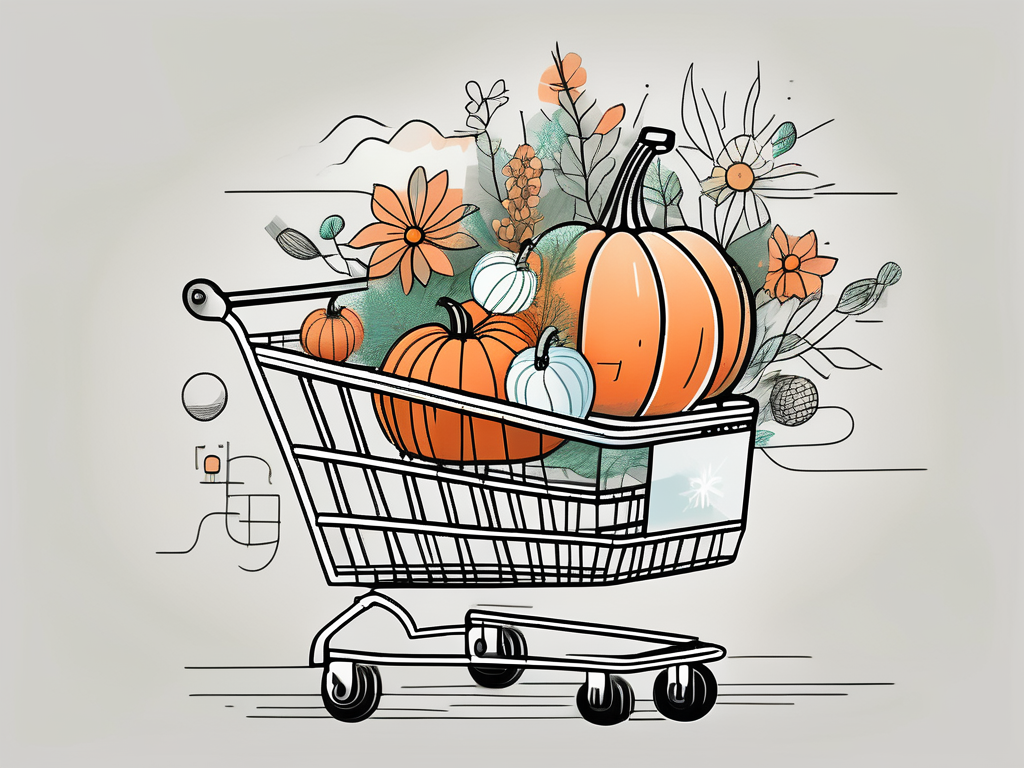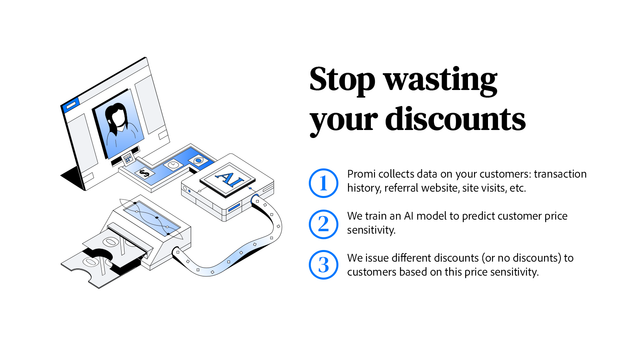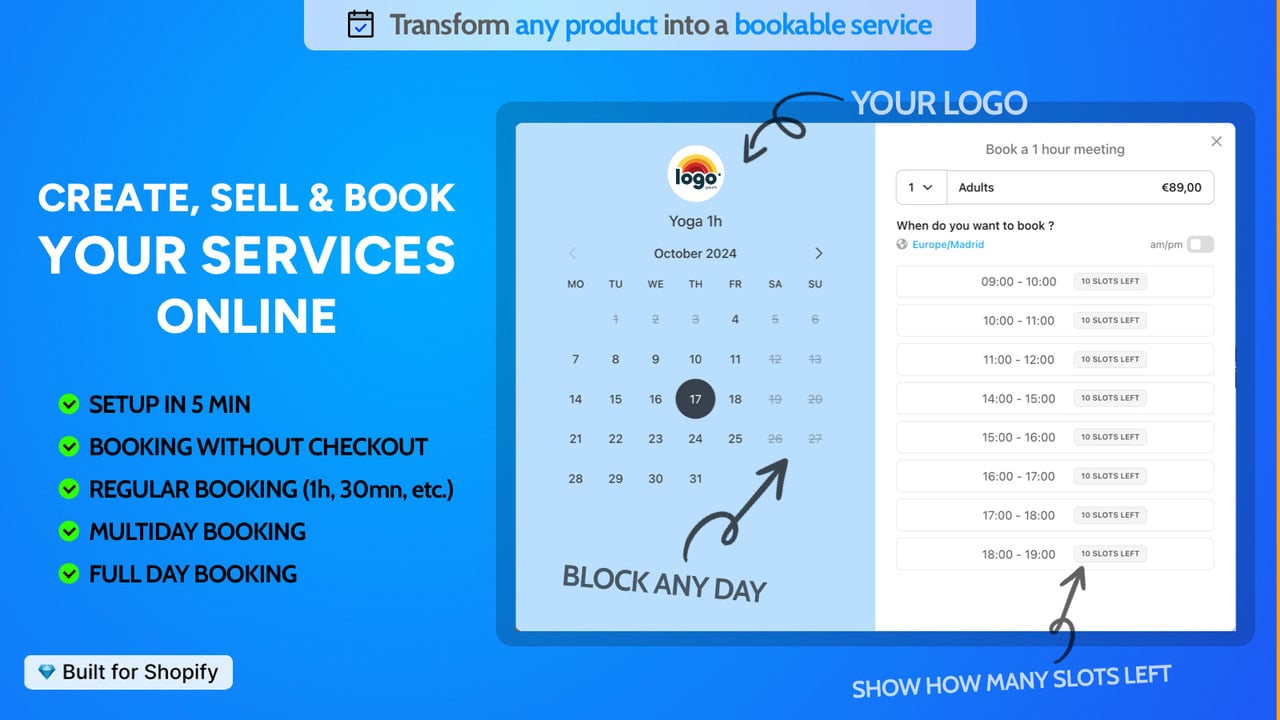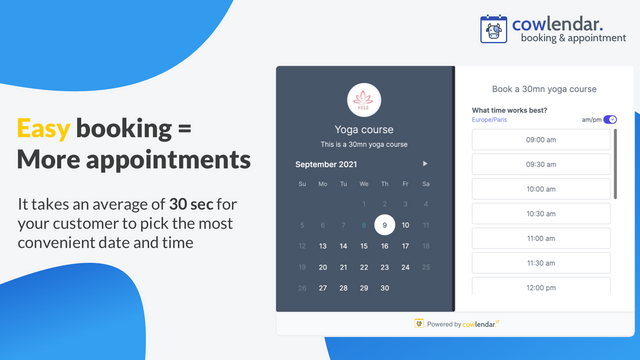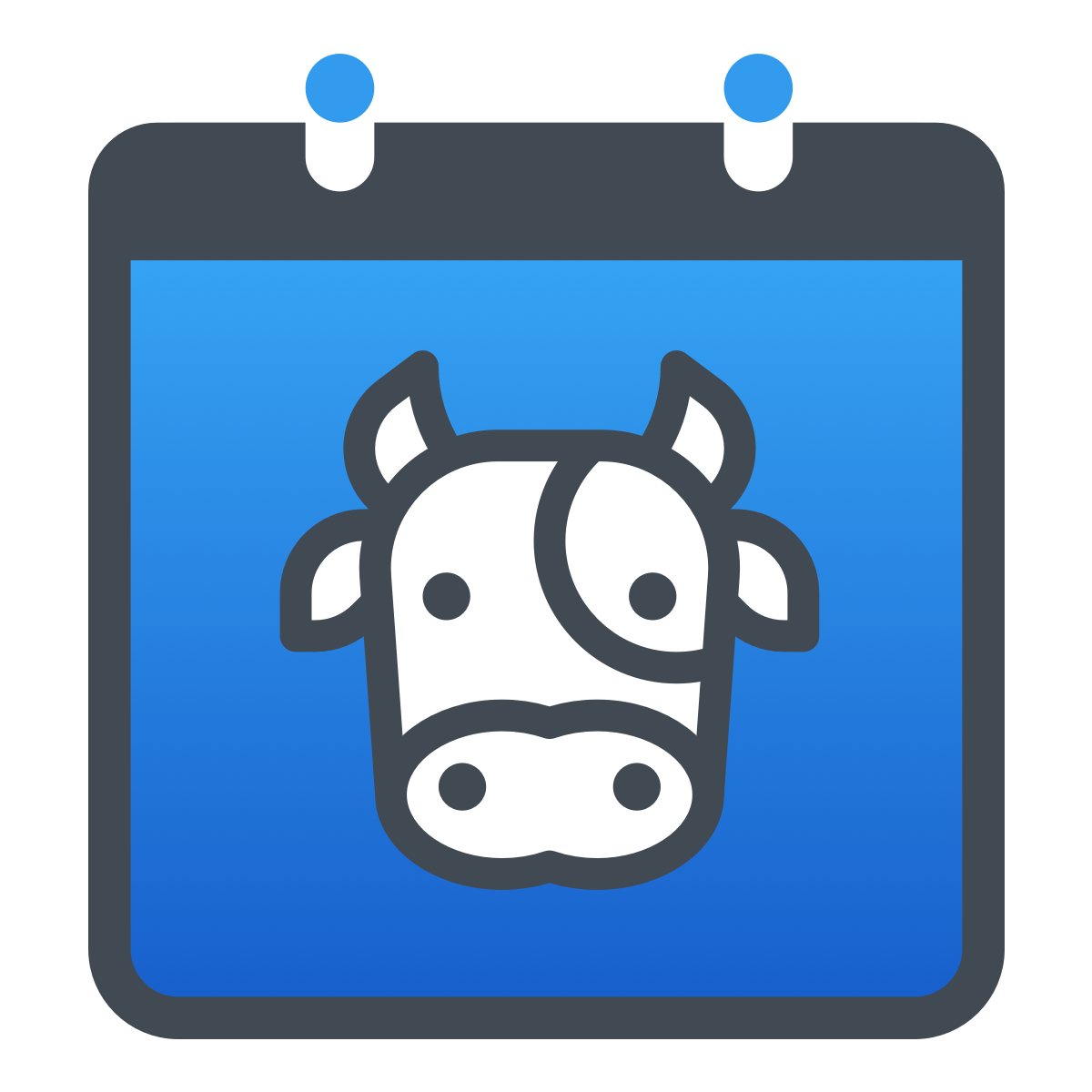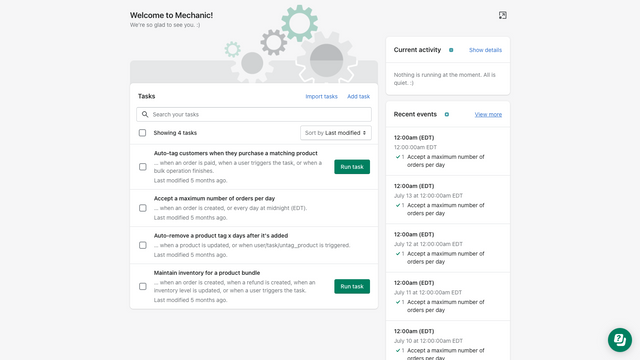Seasonal marketing can greatly impact the success of an ecommerce business. By understanding the importance of seasonal marketing and implementing key strategies, businesses can capitalize on the increased consumer interest and purchasing power during specific times of the year. In this article, we will delve into the various elements that make up a successful seasonal marketing strategy and explore how to optimize your ecommerce website for seasonal traffic. Additionally, we will guide you on how to measure the success of your seasonal marketing efforts and make adjustments based on performance metrics.
Understanding Seasonal Marketing
Seasonal marketing involves tailoring your marketing efforts to align with specific occasions or times of the year when consumer demand is heightened. By leveraging the power of holidays, events, and seasonal trends, businesses can create targeted campaigns that resonate with their target audience.
Seasonal marketing is not just about promoting products; it's about creating a connection with consumers based on shared experiences and emotions. For example, during the holiday season, people are often in a festive and generous mood, making it the perfect time for businesses to tap into the spirit of giving and gratitude. By aligning their marketing messages with these sentiments, companies can build a stronger rapport with their customers and stand out in a crowded marketplace.
The Importance of Seasonal Marketing in Ecommerce
Seasonal marketing plays a vital role in the success of ecommerce businesses. With the advent of online shopping, consumers are increasingly looking for unique and engaging experiences when making their purchase decisions. By tapping into the excitement and anticipation that seasonal events bring, businesses can create a sense of urgency and exclusivity, driving higher conversion rates and customer loyalty.
Moreover, seasonal marketing allows ecommerce businesses to showcase their agility and responsiveness to market trends. By quickly adapting their strategies to align with changing seasons and consumer preferences, online retailers can stay relevant and competitive in a fast-paced digital landscape. This flexibility not only attracts new customers but also retains existing ones by demonstrating a commitment to meeting their evolving needs.
Key Elements of a Successful Seasonal Marketing Strategy
A successful seasonal marketing strategy comprises several key elements. Firstly, it is crucial to identify the specific periods throughout the year that are most relevant to your target audience. By understanding their preferences and purchase patterns, you can pinpoint the optimal time to launch your seasonal campaigns. Secondly, proper planning ahead of time ensures that your marketing efforts synchronize seamlessly with the upcoming seasonal events. Lastly, leveraging social media and creating engaging seasonal content are essential for capturing the attention and interest of your audience.
Additionally, personalization is a key component of a successful seasonal marketing strategy. By tailoring your messages and offers to individual customer segments based on their past behaviors and preferences, you can create a more meaningful and impactful marketing campaign. This targeted approach not only increases the effectiveness of your seasonal promotions but also fosters a deeper connection with your customers, leading to long-term brand loyalty and advocacy.
Developing a Seasonal Marketing Calendar
To maximize the effectiveness of your seasonal marketing efforts, it is essential to develop a comprehensive seasonal marketing calendar. This calendar will serve as a roadmap, guiding you through the various sales periods and events that are relevant to your business. It will help you keep track of important dates, plan your campaigns, and allocate resources efficiently.
Identifying Key Sales Periods
Identifying key sales periods is crucial for any ecommerce business. These periods are characterized by increased consumer spending and higher conversion rates. By analyzing historical data and market trends, you can identify the specific periods when your target audience is most likely to make a purchase. These key sales periods can include traditional events such as Black Friday, Cyber Monday, Christmas, and New Year, as well as industry-specific events or seasonal trends.
Planning Ahead for Seasonal Campaigns
Planning ahead is vital for executing successful seasonal campaigns. By starting early, you can develop compelling content, design captivating visuals, and strategize your promotional activities. This allows you to create a consistent brand image and effectively build anticipation among your audience. Additionally, planning ahead gives you ample time to test various campaign elements and make iterations based on customer feedback, ensuring that your campaigns are fine-tuned for maximum impact.
When planning ahead for seasonal campaigns, it's important to consider the unique characteristics of each season. For example, during the summer season, you may want to focus on outdoor activities and vacations. This could involve creating content that showcases your products being used in outdoor settings or offering special discounts on items that are popular during the summer months.
Furthermore, it's essential to align your seasonal campaigns with your overall marketing strategy. This means considering how your seasonal promotions can support your long-term goals and objectives. For instance, if your goal is to increase brand awareness, you may want to use seasonal campaigns as an opportunity to introduce new customers to your brand and encourage them to engage with your products or services.
Another aspect to consider when planning ahead for seasonal campaigns is the importance of staying up-to-date with current trends and consumer preferences. By keeping an eye on industry trends and understanding what your target audience is interested in, you can tailor your campaigns to resonate with their needs and desires. This could involve incorporating popular themes or incorporating trending hashtags into your marketing materials.
Leveraging Social Media for Seasonal Marketing
Social media has become an integral part of any successful marketing strategy, and its importance in seasonal marketing cannot be overstated. By leveraging the right social media platforms for your campaigns, you can reach a larger audience, increase brand awareness, and drive traffic to your ecommerce website.
Seasonal marketing offers a unique opportunity to connect with your audience on a more personal level by tapping into the emotions and sentiments associated with specific holidays or events. It allows you to showcase your brand's personality and values in a way that resonates with consumers during these special times of the year.
Choosing the Right Platforms for Your Campaign
When selecting social media platforms for your seasonal marketing campaigns, it is important to consider your target audience and which platforms they are most active on. Whether it's Facebook, Instagram, Twitter, or Pinterest, each platform has its unique strengths and characteristics. By understanding these platforms' demographics and features, you can tailor your content to align with the preferences and behaviors of your target audience.
Moreover, it's essential to consider the timing of your campaigns and the peak hours when your target audience is most active on these platforms. By scheduling your posts strategically, you can maximize engagement and ensure that your content reaches the right people at the right time.
Creating Engaging Seasonal Content
Engaging content is at the core of successful seasonal marketing campaigns. By creating content that is relevant, visually appealing, and shareable, you can captivate your audience and encourage them to interact with your brand. This can include holiday-themed articles, videos, infographics, or user-generated content that encourages participation.
Furthermore, incorporating interactive elements such as polls, quizzes, or contests into your seasonal campaigns can boost engagement and foster a sense of community among your followers. Encouraging user-generated content through branded hashtags or challenges can also help amplify your reach and create a buzz around your seasonal promotions.
Optimizing Your Ecommerce Website for Seasonal Traffic
As seasonal marketing drives increased traffic to your ecommerce website, it is crucial to optimize your site's design and functionality for the best user experience.
Designing for Seasonal Themes
Designing your website with seasonal themes can create a visually immersive experience for your visitors. Incorporating seasonal colors, graphics, and banners can instantly evoke the emotions and excitement associated with the specific time of the year. Additionally, optimizing your website's layout for easy navigation and seamless browsing can enhance the overall user experience, ensuring that visitors can easily find and purchase the products they desire.
Ensuring a Smooth User Experience During High Traffic Periods
Seasonal marketing often results in increased website traffic, especially during key sales periods. To prevent potential issues such as slow loading times, crashes, or errors, it is important to ensure that your website's infrastructure can handle the surge in traffic. Optimizing server capacity, implementing caching mechanisms, and conducting load testing are essential steps to ensure a smooth user experience, even during peak periods.
Measuring the Success of Your Seasonal Marketing Strategies
Measuring the success of your seasonal marketing strategies is crucial for understanding the impact they have on your business and identifying areas for improvement.
Key Performance Indicators for Seasonal Marketing
When analyzing the success of your seasonal marketing efforts, it is important to consider relevant key performance indicators (KPIs) such as conversion rates, customer acquisition cost, average order value, and overall revenue generated. These metrics provide valuable insights into the effectiveness of your campaigns and help you gauge the return on investment.
Adjusting Your Strategy Based on Performance Metrics
Based on the performance metrics gathered, you can make data-driven adjustments to your seasonal marketing strategy. By identifying strengths and weaknesses, you can allocate resources more effectively, refine your campaigns, and optimize your future seasonal marketing efforts. Responsiveness and adaptability are key in ensuring continuous improvement and long-term success.
By maximizing seasonal marketing strategies, ecommerce businesses can drive customer engagement, boost sales, and establish a stronger brand presence in the market. Remember, a successful seasonal marketing campaign requires careful planning, engaging content, optimized website design, and continuous analysis. By implementing these strategies, you can leverage seasonal opportunities and propel your ecommerce business to new heights of success.
As you refine your seasonal marketing strategies and aim for ecommerce success, remember that the right Shopify apps can make all the difference. Let Owlfred, your wise guide at OwlMix, help you navigate through our extensive directory of innovative Shopify applications. Whether you're looking to enhance your marketing efforts, optimize SEO, or streamline inventory management during peak seasons, OwlMix has you covered. Find your next Shopify app with us and elevate your online store's performance today!


